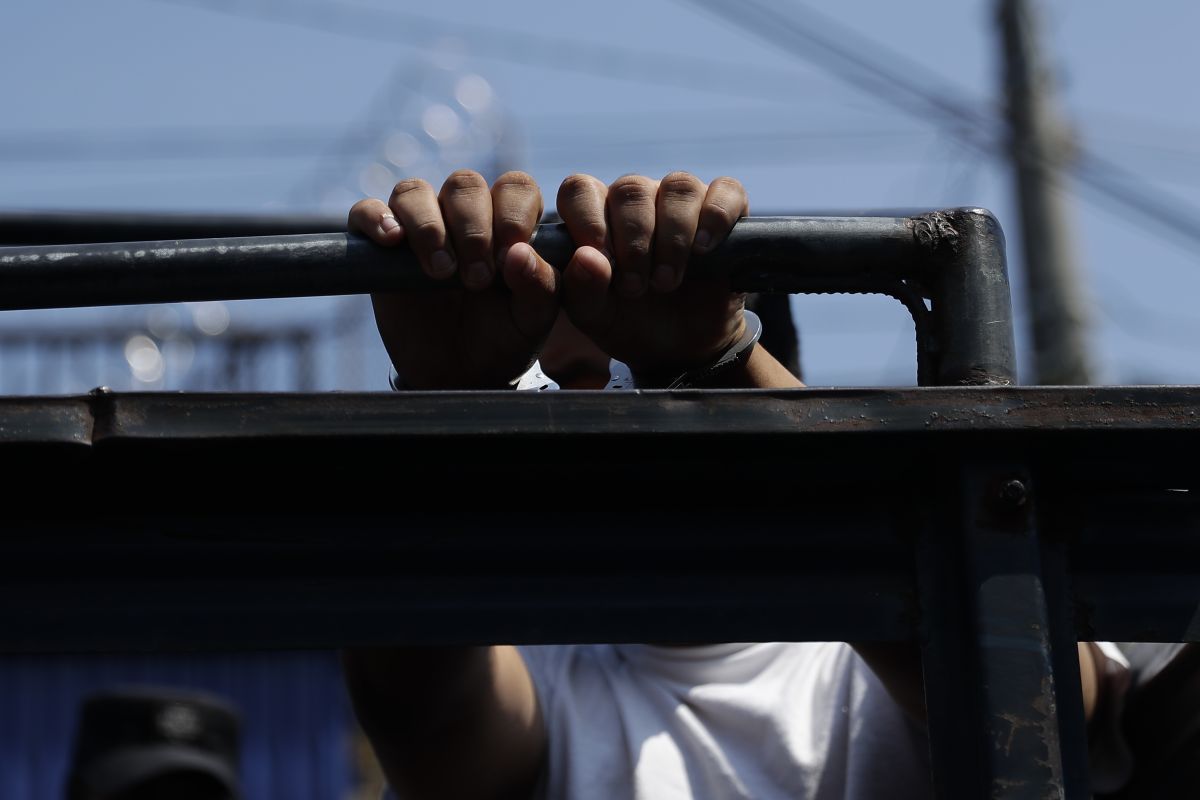President Bukele of El Salvador’s offensive against local gangs apparently has the support of a huge sector of the population tired of public insecurity. The impact of the measures taken presents the dilemma of wanting to protect civil society running the risk of committing unacceptable abuses in the name of that security.
Bukele from the first moment manifested himself as a different president, able to break all schemes without caring about authoritarian attitudes to achieve their goals. The “war against the gangs” that he is leading today to pacify the country after a violent weekend that left more than 80 dead.
The Salvadoran government and the main gangs maintained a truce that reduced the violence considerably as of 2020, according to numerous reports. According to observers, the violent action that killed innocents and rival gang members is an indication of the breach of the pact.
Opinion polls show support for the State of Exception ratified by Congress last March and recently extended through the end of May. Until last Sunday there are officially 16,500 people detained and there are reported days without any homicide.
This is the result of limiting the freedom of association, suspend the right to be informed of the reasons for arrest and procedural guarantees, extends from 72 hours to 12 days the period of administrative detention and allows the authorities to seize the cell phones of those they consider suspicious.
To this we must add the changes in a criminal reform that can punish a under 12 of years of age that can receive 10 years in prison and 20 years if it is between 16 and 18 year old. In addition, it leaves room for ambiguity both in its retroactive application of dubious legality and in definitions of crimes.
We understand the need for peace, but we are concerned that the lack of minimum guarantees will lead to serious abuses committed by a police force that, in addition to having arrest quotas, leaves it to its discretion to determine who is suspected of being gang members. To be detained for a long time awaiting trial by faceless judges and secret witnesses. It is the perfect recipe so that righteous men and ex-gang members also pay for sinners.
Bukele’s haste to show detainees in their underwear huddled together in a cell leaves no room for many more strategies to confront criminals. estimated 70,000 gang members in El Salvador according to the government .
Gang violence is a symptom of other social and economic problems. Confinement is a patch that gives momentary peace of mind, but it is far from treating the disease.
